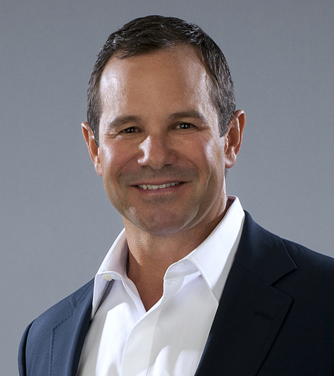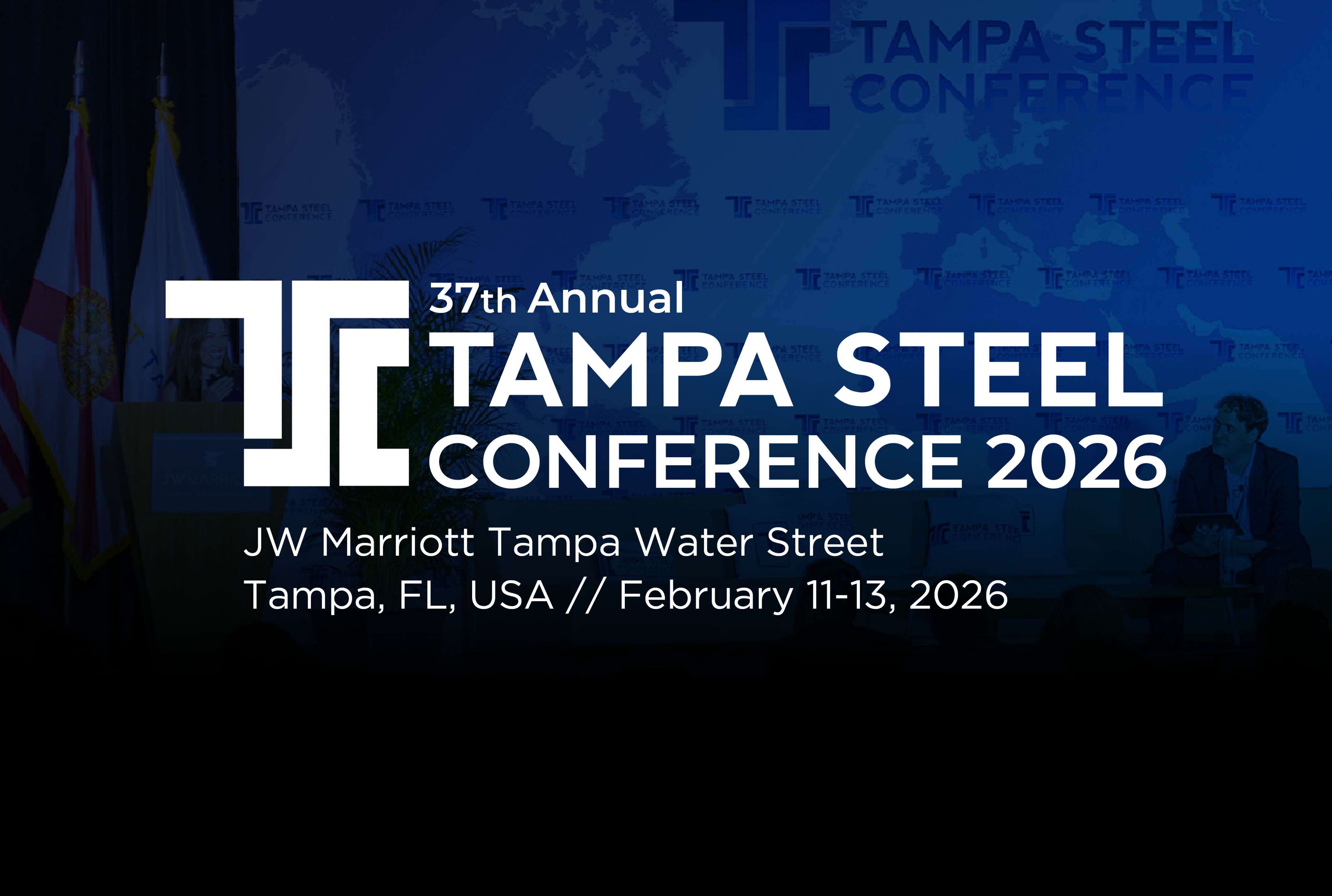Community Events
March 21, 2024
SMU Community Chat: Barry Zekelman’s passion for steel shines through
Written by Laura Miller
SMU caught up with Barry Zekelman, executive chairman and CEO of Zekelman Industries, on Wednesday’s Community Chat. As one of the largest independent steel pipe and tube manufacturers in North America, his company is also one of the largest steel buyers in the region. This year alone, the Chicago-based company will buy roughly 2.8 million tons of steel. As such, Zekelman provides a great perspective on the steel industry and the markets it serves.

Read on for highlights of the conversation.
Mexico and imports
Legislation was recently introduced in both the Senate and House of Representatives to reimpose the 25% Section 232 tariffs on steel imports from Mexico. Zekelman said he worked with Sens. Brown and Cotton to bring the “Stop Mexico’s Steel Surge Act” to the floor.
Zekelman spoke passionately against the surging pipe and tube imports from Mexico, specifically steel conduit. He said imports from Mexico have gone from 2% of total conduit imports to 20% and there’s even a new conduit plant under construction in Mexico.
“Who the hell do these people think they are? You signed a deal. Own up to it,” he quipped, referring to the US’ suspension of the 232 tariffs and Mexico having agreed to monitor its exports more closely.
Noting that Zekelman Industries had to close a California conduit facility in 2022, he said the imports from Mexico are “devastating our market, and it’s ridiculous.”
“Adhere to the deal you signed onto, and we’ll be fine,” he signaled to Mexico.
“But until then, I’m going to fight like a honey badger,” he noted.
Expressing the urgency of the situation, he added that he’d like to see action from the executive branch “by the end of this call.”
Commenting further on pipe imports, Zekelman noted significant tonnages of plumbing pipe are coming from the UAE.
“When you go buy a piece of pipe from Oman or UAE … what’s so great about their pipe?” he questioned. He said the region is able to offer lower-priced pipe because it’s made with “cheap Russian and Iranian steel” formed into pipe in the UAE, effectively circumventing US sanctions.
“Everybody should know there’s blood running through those pipes, not water,” he stated, encouraging buyers to have morals and a sense of pride by supporting people and production closer to home.
Also regarding imports, Zekelman said it’s important to take into account more than just the bottom line. There are logistics issues to consider, like rising shipping rates and delays in the Panama and Suez canals, as well as the overall carbon footprint related to shipping products around the globe.
“Cheap is expensive,” he cautioned.
Current market dynamics
Regarding demand and current market dynamics, Zekelman said his company is busy. While certain areas have tapered off, others have picked up dramatically, he said, with the overall trend line pointing upwards.
“We’re hearing really good, positive reviews from all segments of the market. People are still busy,” he commented.
Labor availability remains an issue, however, especially in the construction market. He noted that his company is trying to fill over 200 hourly and 70 salary positions at present.
He said solving the labor shortage will require a multi-pronged attack, including the use of heavy automation, training and recruiting, and attractive pay. He noted that it may take decades to get people back into more traditional skilled trades instead of going to college.
Zekelman also welcomed new steelmaking capacity coming to the market. With the latest and greatest technology available, there are plenty of benefits to the additional capacity, he said.
“It’s more efficient, it’s higher quality, greater access and speed to the market. It should displace some imports. It should displace some old legacy capacity that has issues. I mean, that’s just change, right?” he commented.
“Bring it on,” he added.
Reshoring
In a world at risk of Black Swan events now more than ever and their potential to cause supply disruptions around the globe, Zekelman welcomed the reshoring of manufacturing to North America.
“There’s a lot of chaos out there. There are a lot of things that could happen that could significantly disrupt our ability to function. And the way to control that is to bring it close to home,” he noted.
“Come on in,” he said. “They’re creating jobs here, consuming American steel, supporting communities, and that’s what we want.”
Dream on
Zekelman said he wasn’t joking when he talked previously about wanting to own a steel mill.
“It would be a natural thing to do with the amount of steel we consume,” he commented on the chat.
Noting that he’d never make such an investment in an inefficient, “half-assed way” without a solid plan, owning a steel mill would be the “crowning achievement” of his career, he said.
But wait, there’s more
SMU subscribers can access a full replay of the conversation and hear more from Zekelman, including a discussion of his $1 billion investment in Z Modular, on our website.
Zekelman will also be joining us once again for a fireside chat at the Steel Summit 2024 in August in Atlanta. For more information or to register, visit www.events.crugroup.com/smusteelsummit/home.
Up next on SMU’s Community Chat series is a logistics update from Anton Posner, CEO of Mercury Resources, on Wednesday, April 3 at 11 a.m. ET. You can register here.






